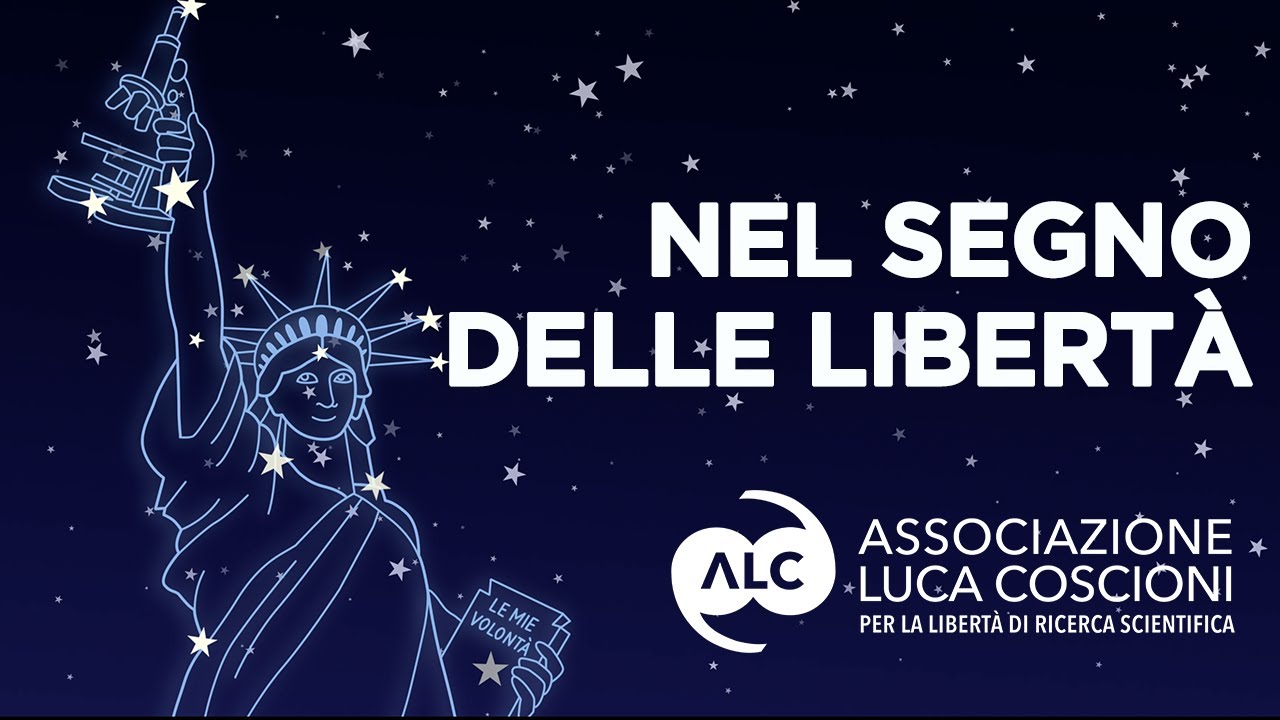The Obama administration is right to direct federal agencies to make public, without charge, all scientific papers reporting on research financed by the government. In a memorandum issued on Friday, John Holdren, the president’s science adviser, directed federal agencies with more than 100 million in annual research and development expenditures to develop plans for making the published results of almost all the research freely available to everyone within one year of publication. The agencies must submit plans to the White House Office of Science and Technology Policy within the next six months that will apply to both peer-reviewed scientific papers and digital manuscripts and supporting data. Under current procedures, much of the federally financed research is published in scientific and medical journals that can cost thousands of dollars a year for a subscription and 30 or more for an individual copy. That is simply too much for many people and small businesses to afford. The principle that must be upheld, as Mr. Holdren described it, is that Americans “deserve easy access to the results of research their tax dollars have paid for.” He added that “the logic behind enhanced public access is plain” because broad dissemination of scientific findings will increase innovation and promote economic growth. The National Institutes of Health, the government’s chief supporter of medical research, already makes papers available in a common database within a year of publication. Other agencies should create similar centralized repositories for papers. Both the new directive and the N.T.H. policy allow delays of a year before making papers freely available. That may be too Long. Federal agencies should keep any delays as short as possible.

L’Associazione Luca Coscioni è una associazione no profit di promozione sociale. Tra le sue priorità vi sono l’affermazione delle libertà civili e i diritti umani, in particolare quello alla scienza, l’assistenza personale autogestita, l’abbattimento della barriere architettoniche, le scelte di fine vita, la legalizzazione dell’eutanasia, l’accesso ai cannabinoidi medici e il monitoraggio mondiale di leggi e politiche in materia di scienza e auto-determinazione.

